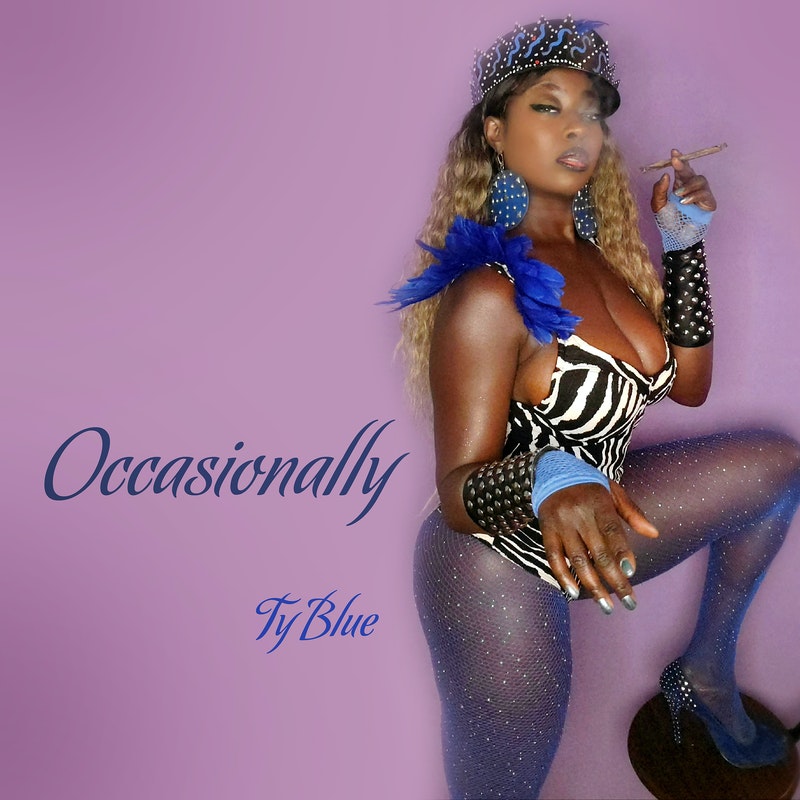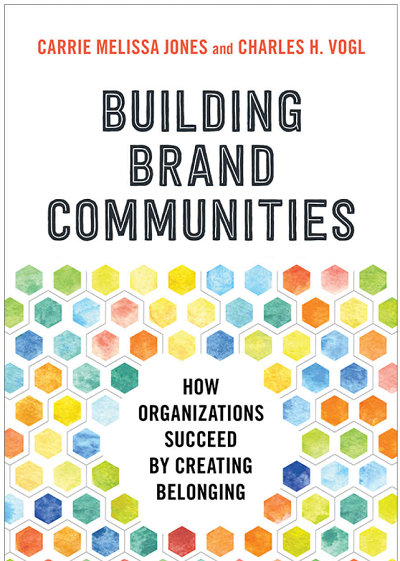Reed Waddle Too Bright to Fade Away EP
With a devilish strut, the gentle sway of Too Bright to Fade Away’s namesake song starts to fill the air around us with colorful melodies that will soon grow too warm for even the most discriminating of listeners to resist. In this new track from the one and only Reed Waddle, folk/rock conventions are left on the sidelines in the name of worshiping a simplistic, black and white harmony that has more in common with the contemporary alternative movement than it does anything in the rearview mirror. Waddle’s smoky lead vocal is the compass while his string play the map from which we’ll find our direction through the thick sonic forestry that will come sliding in our direction through this four-minute pop gem.
While “Too Bright to Fade Away” is on the conservative side from an aesthetical point of view, the other song on this EP – “Bells of Brooklyn” – is steeped in the lush indulgences of Americana. In this track, Waddle’s voice is reduced to a near-whisper, interlaced with the fabric of the guitar-born harmonies as though the two were never meant to be separated in this lifetime.
BANDCAMP: https://reedwaddle.bandcamp.com/album/too-bright-to-fade-away
There’s so much to learn about the emotionality beneath the narrative here from the relationship between the strings and the vocal, but I would stop short of describing this song as being the more complicated of the two featured on Too Bright to Fade Away. Both of these tracks are well-rounded and devoid of unwanted excesses, which is more than can be said for a lot of the mainstream pop I’ve listened to this July.
Time the River, the fourth studio album by Reed Waddle, hasn’t arrived on record store shelves and streaming sites just yet, but judging from the looks of its two lead singles as they’re featured here, it’s going to be a watershed effort from this artist for certain. Waddle has grown so much since first wowing critics with his 2004 greenhorn disc Higher Ground, and while I’m not saying he’s peaked in Too Bright to Fade Away, he’s undeniably reached a point where dismissing his work as anything other than essential to indie fans would be rather ridiculous.
Michael Rand







